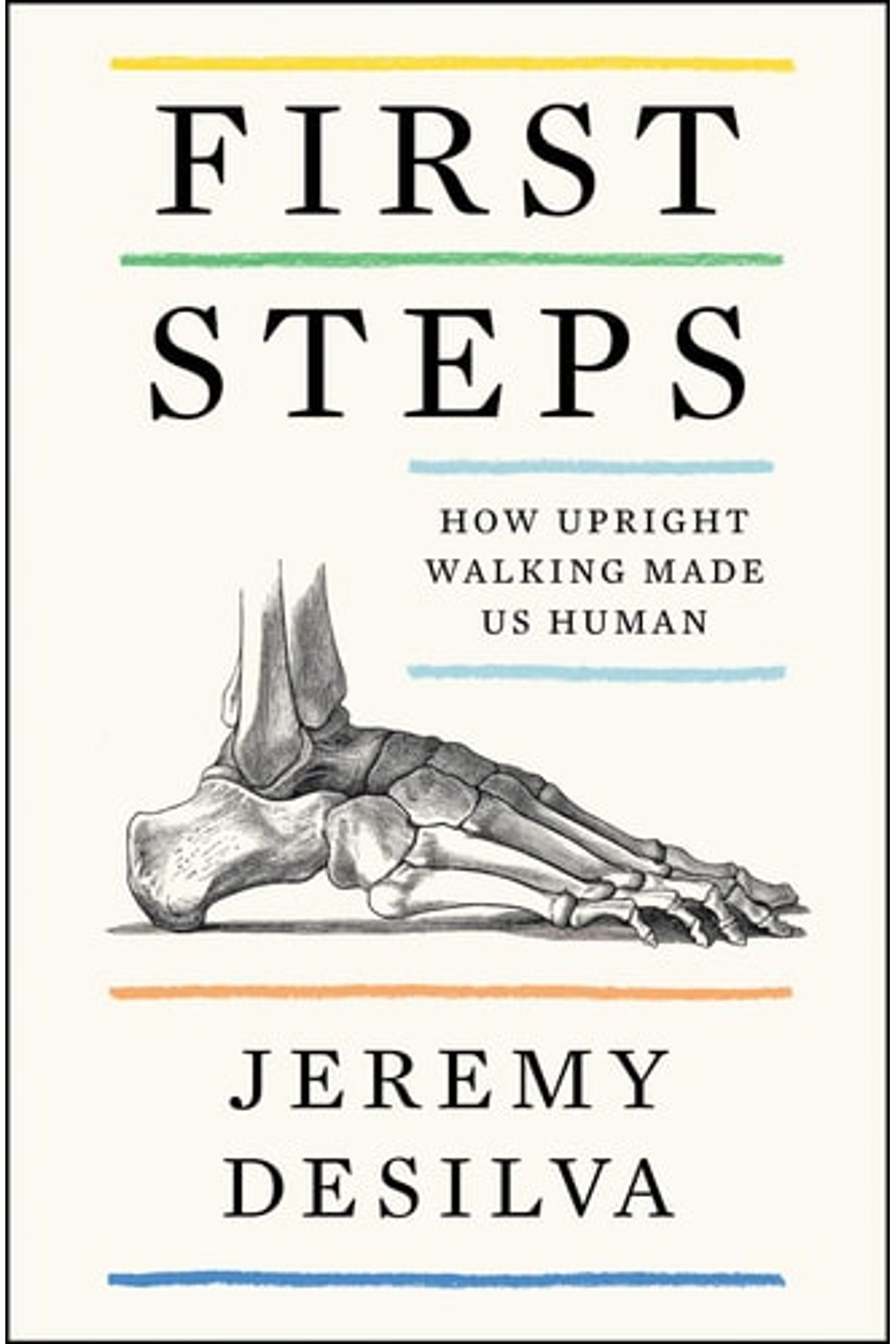Delve into the evolutionary journey of humankind with “First Steps: How Upright Walking Made Us Human” by paleoanthropologist Jeremy DeSilva. Winner of the W.W. Howells Book Prize, this captivating exploration reveals how bipedalism wasn’t just a change in posture, but the catalyst for our species’ dominance. DeSilva connects fossil evidence with modern research to illustrate how walking upright sparked advancements in technology, language, and even social structures. Discover the trade-offs, the evolutionary pressures, and the surprising consequences of taking that first upright step. A compelling read for anyone fascinated by human origins, blending science and storytelling into an accessible narrative that unveils the profound impact of walking on two legs.
First Steps: How Upright Walking Made Us Human
32,77 $
In stock
Winner of the W.W. Howells Book Prize from the American Anthropological Association and named one of the best science books of 2021 by Science News
DeSilva takes us on a brilliant, fun, and scientifically deep stroll through history, anatomy, and evolution, in order to illustrate the powerful story of how a particular mode of movement helped make us one of the most wonderful, dangerous and fascinating species on Earth.Agustn Fuentes, Professor of Anthropology, Princeton University and author of Why We Believe: Evolution and the Human Way of Being
Breezy popular science at its best. . . . Makes a compelling case overall.Science News
Blending history, science, and culture, a stunning and highly engaging evolutionary story exploring how walking on two legs allowed humans to become the planets dominant species.
Humans are the only mammals to walk on two, rather than four legsa locomotion known as bipedalism. We strive to be upstanding citizens, honor those who stand tall and proud, and take a stand against injustices. We follow in each others footsteps and celebrate a childs beginning to walk. But why, and how, exactly, did we take our first steps? And at what cost? Bipedalism has its drawbacks: giving birth is more difficult and dangerous; our running speed is much slower than other animals; and we suffer a variety of ailments, from hernias to sinus problems.
In First Steps, paleoanthropologist Jeremy DeSilva explores how unusual and extraordinary this seemingly ordinary ability is. A seven-million-year journey to the very origins of the human lineage, First Steps shows how upright walking was a gateway to many of the other attributes that make us humanfrom our technological abilities, our thirst for exploration, our use of languageand may have laid the foundation for our species traits of compassion, empathy, and altruism. Moving from developmental psychology labs to ancient fossil sites throughout Africa and Eurasia, DeSilva brings to life our adventure walking on two legs.
Delving deeply into the story of our past and the new discoveries rewriting our understanding of human evolution, First Steps examines how walking upright helped us rise above all over species on this planet.
First Steps includes an eight-page color photo insert.
Related products
- Additional information
- Currencies
- USD – United States dollar
- EUR – Euro
- GBP – Pound sterling
- CNY – Chinese yuan
- BRL – Brazilian real
- MXN – Mexican peso
- JPY – Japanese yen
- PHP – Philippine peso
- THB – Thai baht
- PLN – Polish złoty
- CAD – Canadian dollar
- MYR – Malaysian ringgit
- AUD – Australian dollar
- TWD – New Taiwan dollar
- CZK – Czech koruna
- SEK – Swedish krona
- HUF – Hungarian forint
- ILS – Israeli new shekel
- CHF – Swiss franc
- HKD – Hong Kong dollar
- DKK – Danish krone
- SGD – Singapore dollar
- NOK – Norwegian krone
- NZD – New Zealand dollar





